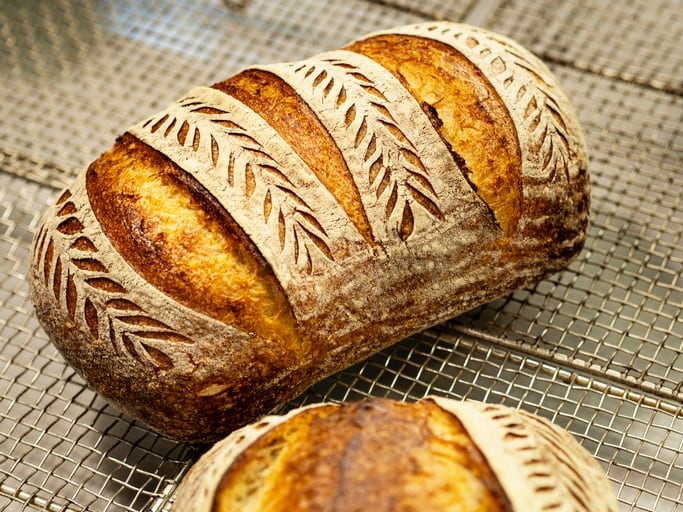Choline is key in the synthesis of neurotransmitters and cell membrane phospholipids although is produced in low amounts in humans so dietary sources such as eggs, meat, dairy products, whole grains, and vegetables is essential for maintaining optimal body functions. Betaine is a metabolite of choline.
So far, other studies have assessed the association between dietary choline and betaine and CVD but results have been inconsistent.
Some reported that dietary choline and betaine were not related to CVD events, while some found its higher intake was associated to lower CVD mortality and stroke incidence.
Methodology
For this study, 2,606 healthy subjects with no CVD were followed up for a period of 10.6 years, of which 187 CVD incidents were detected. The mean baseline age was 37.1 years.
Subjects were part of the Tehran Lipid and Glucose Study (2006–2008) and followed-up until 2018.
Dietary intake was collected using a validated 168-item food frequency questionnaire (FFQ), where the frequency and portion size of each consumed food item during the last 12 months were asked by trained interviewers at baseline.
From here, the dietary intake of choline and betaine was calculated using the United States Department of Agriculture (USDA) database.
The total choline, individual choline forms such as free choline, glycerophosphocholine, phosphocholine, phosphatidylcholine, sphingomyelin, and betaine per gram of each food were calculated.
The mean dietary intake of total choline was 226 mg/d and betaine was 78.0 mg/d.
In this study, meat and dairy products supplied the highest amounts of choline, while grain was a biggest source of betaine, followed by fruit and vegetables.
Findings
Results indicated no association between total choline, betaine and the incidence of CVD .
“Every 50 mg/d increase in total choline and every 25 mg/d increase in total betaine was not associated with an increased risk of CVD,” researchers wrote in Nutrition Journal.
Among individual choline forms, only higher intake of free choline was associated with a lower risk of CVD.
Free choline is typically found in non-animal sources: “It is possible that the free choline content of plant foods may contribute to reducing the risk of CVD. Future studies on the association of dietary FC with the risk of CVD events are needed.”
There was no significant association between each 10 mg/d increase in other forms of choline and betaine content and CVD.
“Our investigation indicates no association between choline and betaine and a 10.6-year risk of CVD among adults,” researchers added.
On the inconsistent findings with other studies, researchers said “the differences in the results of studies may be due to variations in gut microbiota composition across populations.”
Recently, some studies have reported that a gut microbiota-related metabolite of choline called trimethylamine N-oxide (TMAO) is associated with an increased risk of CVD incidents and mortality. TMAO is formed by the gut microbiota metabolism of carnitine, choline, and betaine.
However, it should be noted that this association does not necessarily mean causation.
One limitation of the current study was the collection of dietary intake for choline and betaine at baseline, which may have changed over the 10 years of follow-up.
Source: Nutrition Journal
https://doi.org/10.1186/s12937-021-00755-9
“Association between dietary choline and betaine intake and 10.6-year cardiovascular disease in adults”
Authors: Mahdieh Golzarand, et al.




